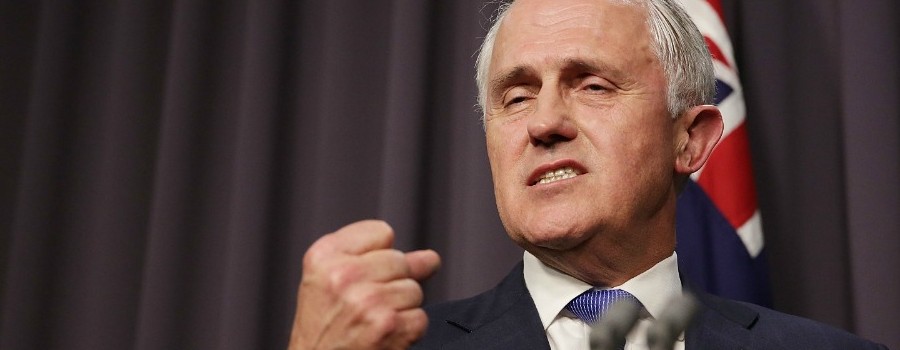Guess who’s back? Back again? Malcolm’s back. Tell a friend.
Following a week of speculation, it now appears certain that the Coalition will return to government after opposition leader Bill Shorten conceded defeat on Saturday. The Labor leader announced in a press conference that it was now “clear that Malcolm Turnbull will form a government”.
Shortly afterwards Prime Minister Malcolm Turnbull announced his victory:
“This is a great day today. We have resolved this election and have done so peacefully.”
It is still uncertain whether Turnbull will be able to form a majority or minority government. With five seats still in doubt, the current results from the AEC suggest that the Coalition will just scrape through with the 76 seats needed to form a majority government. The Labor party is expected to gain an additional three seats, bringing their total to 69.
Mr Turnbull spent the last week speaking to independent MPs, gathering support in case the Coalition does not get the 76 seats needed for majority government. He successfully rallied the support of independent MPs Bob Katter and Cathy McGowan.

What does this mean?
It is now highly likely that the Coalition (that’s the Liberal and National parties), will be able to form a majority government, with Malcolm Turnbull returning as prime minister. This means that they will be able to pass legislation (laws) through the House of Representatives without needing to rely on independent MPs for support. So the policies that the Coalition ran on for election will in the next few months start coming into effect.
These include:
- A plebiscite on same-sex marriage by the end of the year (at a cost of roughly $160 million)
- A continued freeze on the Medicare rebate
- A $2 billion funding cut to tertiary education, but university deregulation put on-hold to at least 2018
- A 26 to 28 per cent reduction of greenhouse gas emissions on 2005 levels by 2030
- The continued off-shore detention of asylum seekers who arrive by boat, and the resettlement of them outside of Australia (in places such as Cambodia)
- A possible cut in penalty rates for retail and hospitality workers
- No changes to current negative gearing legislation
- Tax cuts to middle-income earners
- Medicare to remain public (the Coalition have a habit of overturning election time promises in the health sector however, so who knows)
- And presumably, lots of “jobs and growth”
For more info on what you can expect from the Coalition government, check out Chattr’s breakdown of major party policies.

